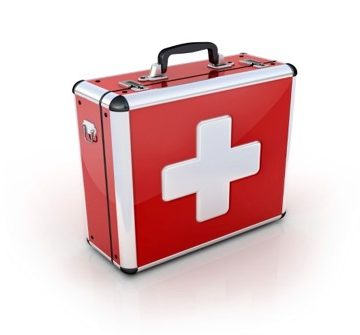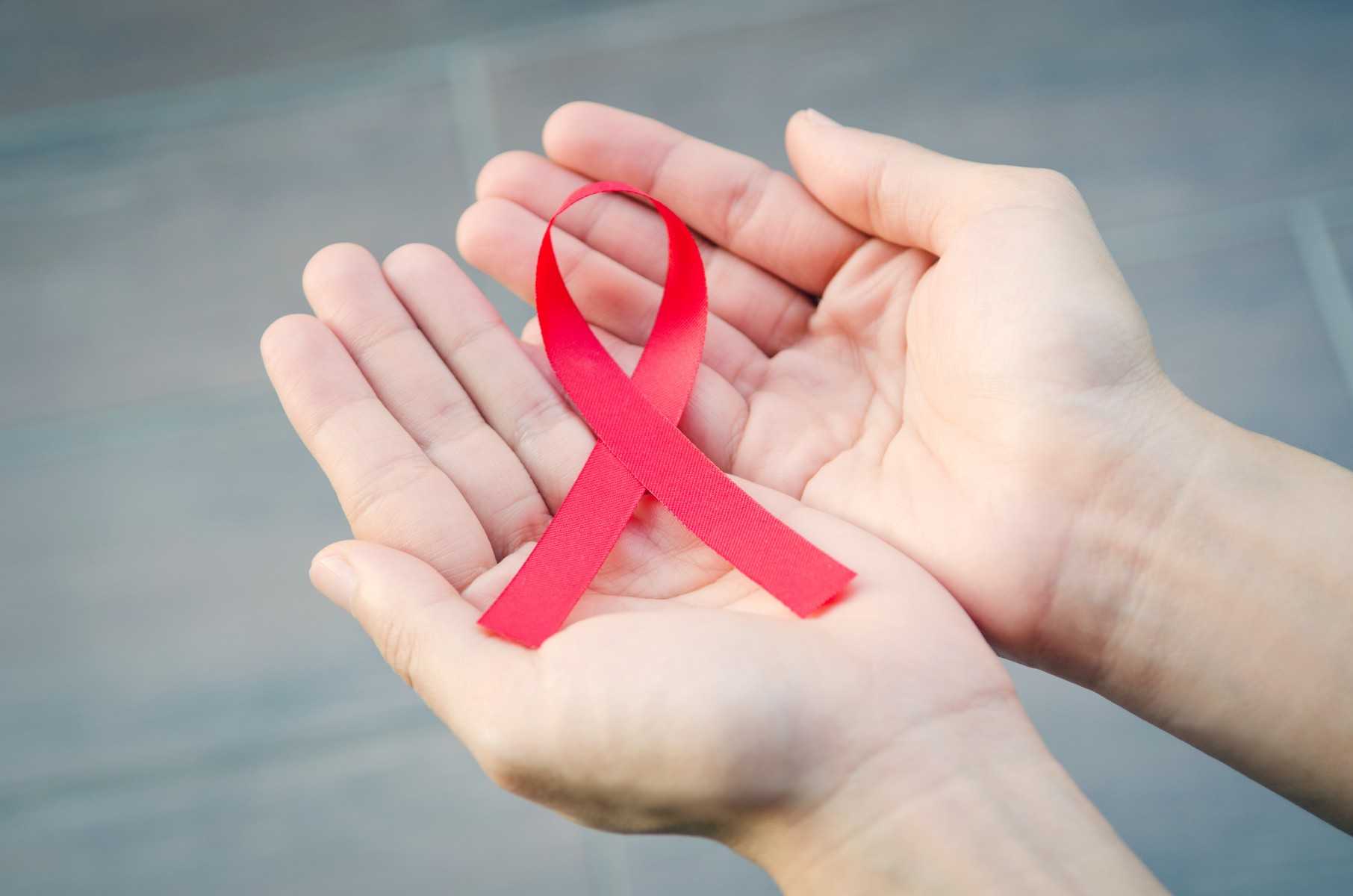What is HIV?
HIV or the Human Immunodeficiency Virus is a sexually transmitted blood borne infection that weakens your ability to fight off illnesses and diseases. HIV is transmitted by contact with bodily fluids such as semen and pre-ejaculate, vaginal secretions, anal secretions and breast milk belonging to a person that has HIV. HIV travels through the blood system destroying white blood cells, specifically the CD4+ cells. These blood cells are the body’s immune-defenses. When too many of these cells are destroyed the body can not fight infections. If left untreated HIV can progress to AIDS (Acquired Immunodeficiency Syndrome). There is no cure for HIV or AIDS but with medication and treatments individuals can live longer healthier lives.
Transmission
HIV transmission occurs when bodily fluids(semen and pre-ejaculate, vaginal secretions, anal secretions or breast milk) of someone who has HIV comes into contact with the blood system of another individual through their blood, cuts and sores, or mucous membranes.Some of the ways HIV is transmitted include:





- Tattoos with used needles or contaminated inks
- From mother to child during development, delivery and through breast milk
- Providing unsafe first aid
- blood transfusions and blood products prior to 1985
- Reusing needles or sharing cookers
- Unprotected sex and sharing sex toys
HIV is not transmitted by:
- Tears
- Sweat
- Saliva
- Mucous
- Vomit
- Urine
- Feces
- Bugs
Prevention
Anyone can be at risk of contracting HIV. This is why it is important to have regular testing for HIV. To reduce your risk use regular latex or non-latex condoms properly every time you have anal, oral or vaginal sex. If you are allergic to latex, choose non-latex instead of natural skin condoms. Natural sheepskin or lambskin condoms do not protect against HIV.
If you are trying to get pregnant you should be tested prior to conceiving. If you know you have HIV talk to your doctor about reducing the risks to your baby.
Used needles can transmit HIV. This is why it is important to check that your tattooist or body piercer uses sterile needles every time. Tattoo inks should be poured from a large bottle into smaller caps. If you inject substances use a new sterile needle and new supplies every time.
Symptoms
Symptoms vary depending on how far the virus has progressed and sometimes there are no symptoms. Early symptoms may present within the first 2-4 weeks after the initial infection. Common symptoms appear flu like and include:
- Fever
- Chills
- Nausea or vomiting
- Joint pain
- Muscle Aches
- Night Sweats
- Enlarged glands
- Frequent diarrhea
- Rapid weight loss
- Rashes or sores
Diagnosis
The test for HIV involves having a sample of blood taken. An individual can make an appointment with their family doctor or they can see a doctor at the walk-in clinic. After the first test it is common for the doctor to request a second test 3 months after.
It is recommended that single individuals who have unprotected sex get tested after every time they have sex unprotected.
AIDS
Without treatment your bodies immune system cannot fight off the HIV virus. At this point people can get an opportunistic infection that takes advantage of the weakened immune system. Opportunistic infections that are common include pneumonia, thrush and certain cancers. Unfortunately, without a strong immune system these opportunistic infections can become fatal. Therefore it is vital that people know their status and seek out treatment before their immune system gets to this point.
